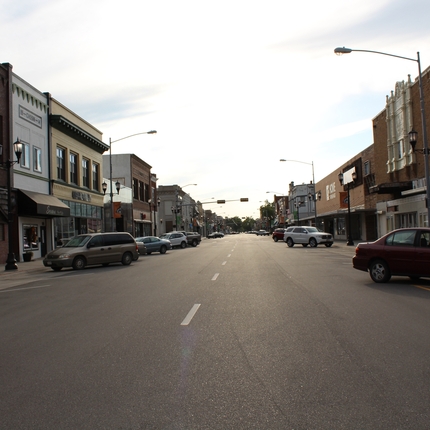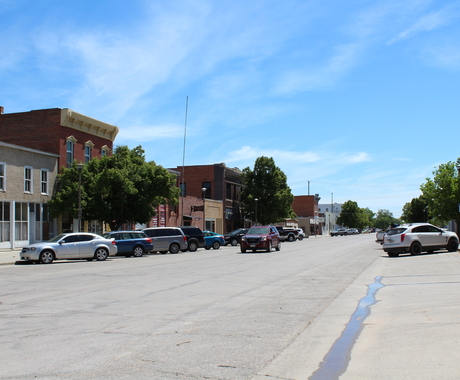By Johnathan Hladik, former policy director. Former Center staff members Jordan Feyerherm and Jordan Rasmussen contributed to this blog.
Deferred Action for Childhood Arrivals (DACA) has provided hard-working young people and their families with a measure of stability. This policy protects individuals who came to this country as children from deportation and allows them to apply for employment authorization.
After DACA was initiated in 2012, recipients’ hourly wages increased by 42 percent. 6 percent started their own business (compared to a national average of 3.1 percent), 21 percent purchased their first car, 12 percent purchased their first home, and 90 percent received their driver’s license or a state identification card. They are a critical part of our country’s social and economic fabric.
Schuyler, Nebraska, population 6,196, had long struggled to attract new residents. Today, the town is more than 70 percent Latino. For this small town and others like it in the U.S., immigrants are keeping shops open and breathing fresh life into main streets.
Now, their future is uncertain.
Nearly 750,000 young people fear losing everything they have worked for. Almost 70 percent came to this country at the age of 10 or younger. Today, the average DACA recipient is 22 years old, employed, and in pursuit of higher education.
To rob these individuals of an opportunity to learn, earn, and live would impair their capacity to contribute. It would be counterproductive and harmful to the country as a whole. It can be debilitating to the communities that helped raise them.
After the Trump Administration’s damning decision, Congress has a responsibility to stand opposed to any federal action that would rescind DACA or result in additional restrictions that would act as barriers to the continued contributions of these young immigrants and their families to rural communities and the U.S.
Legislation promoting safety, well-being, and welcoming will continue to uplift the many young people who want to put their talents to use and give back to the only country they have ever known as home.
Feature photo: Immigrants in small towns across the U.S. are keeping shops open and breathing fresh life into main streets. Columbus, Nebraska (pictured), is just down the highway from Schuyler, population 6,196. Schuyler is more than 70 percent Latino.





